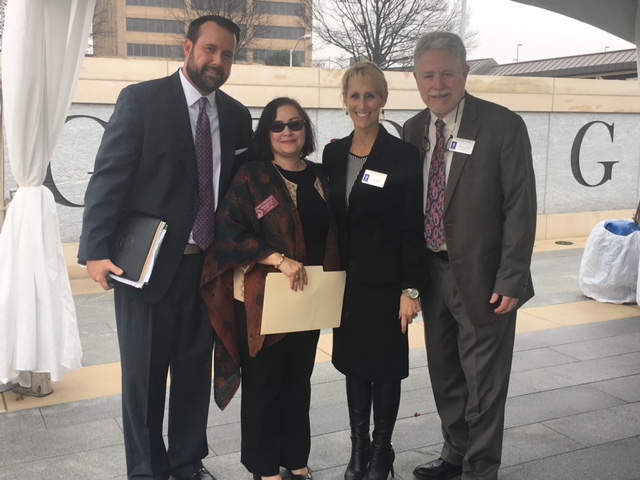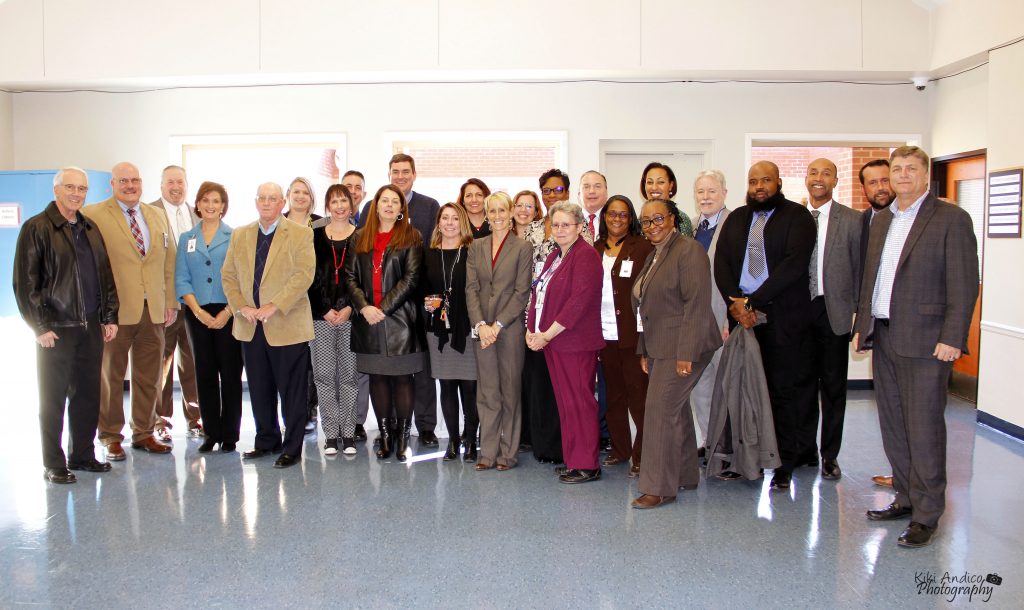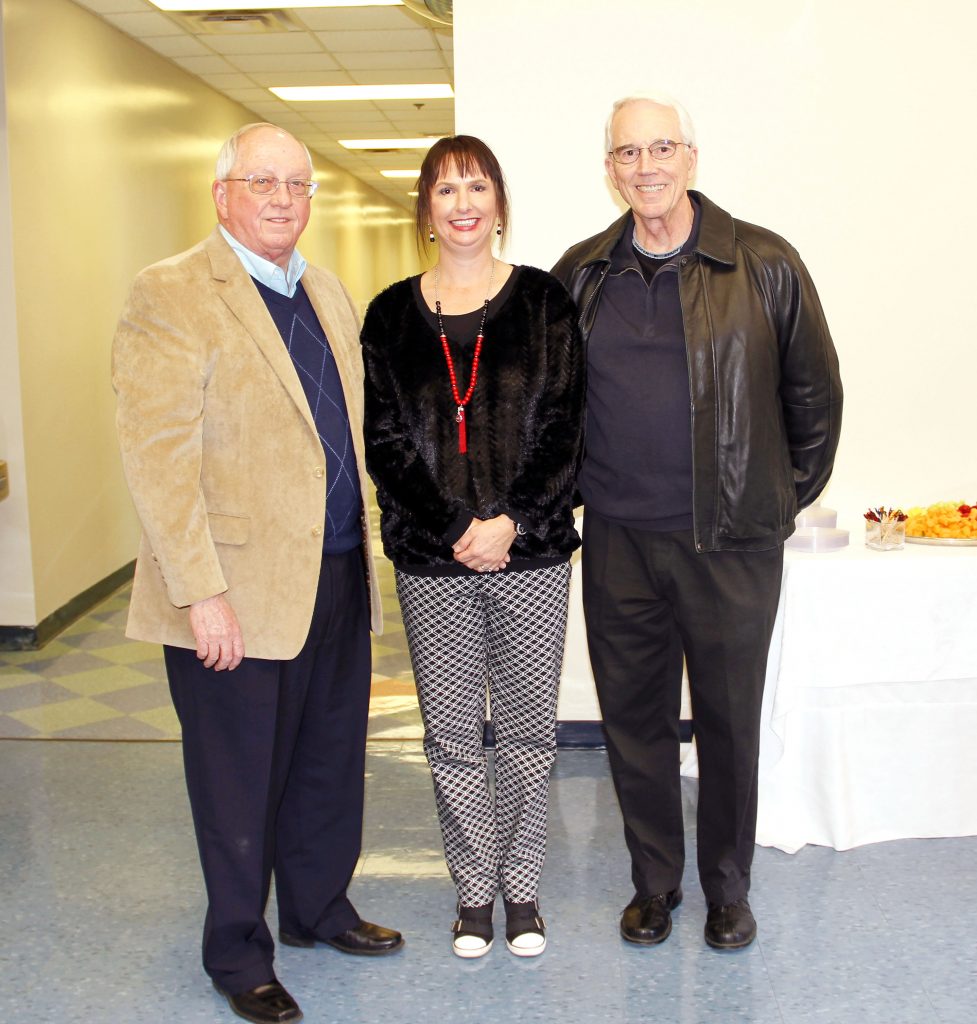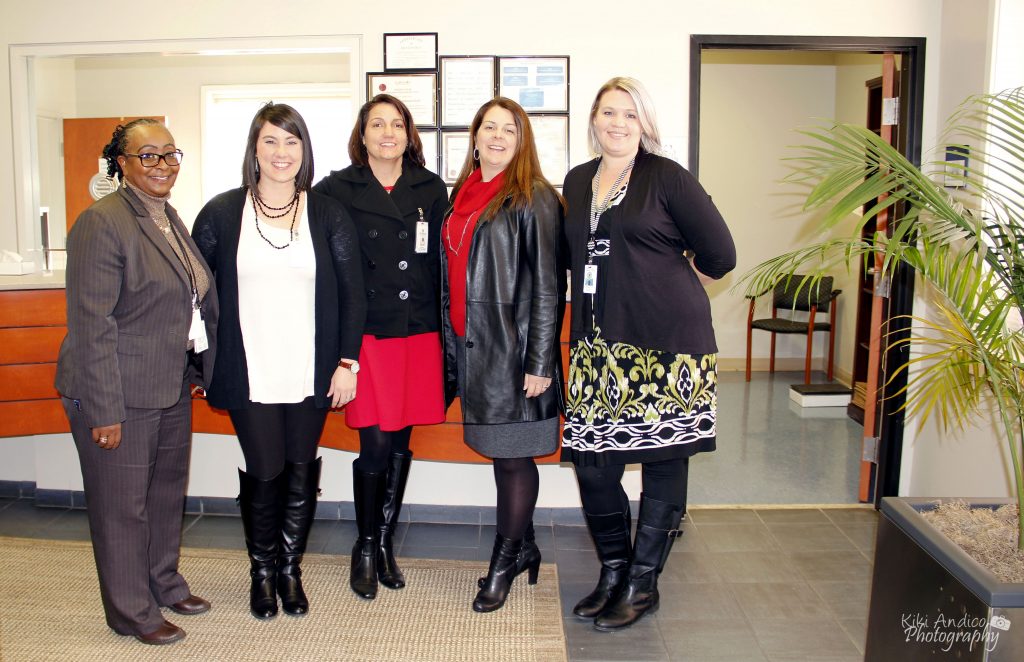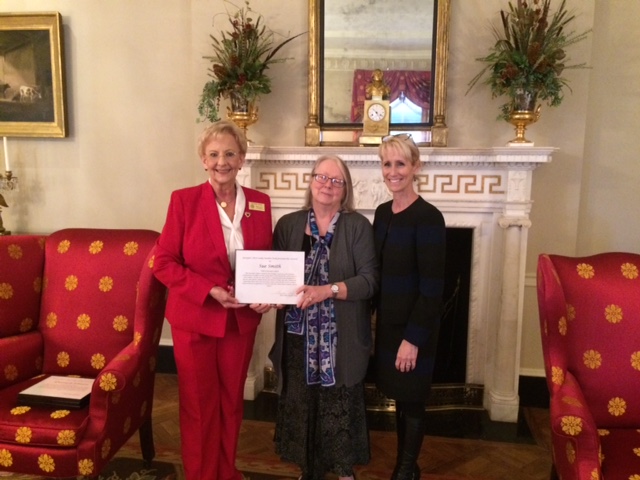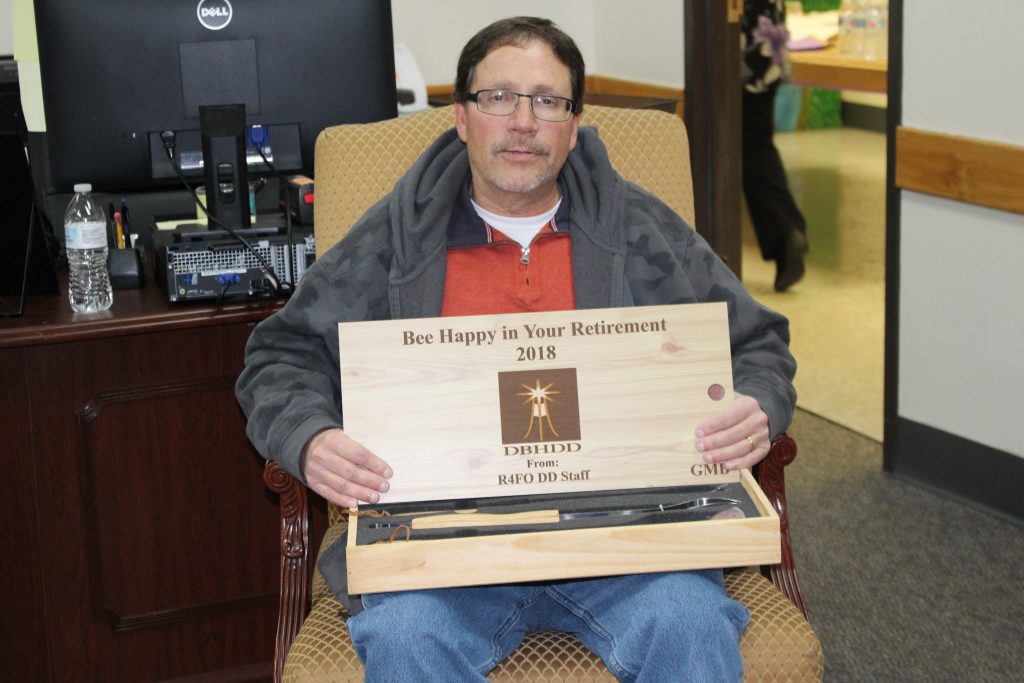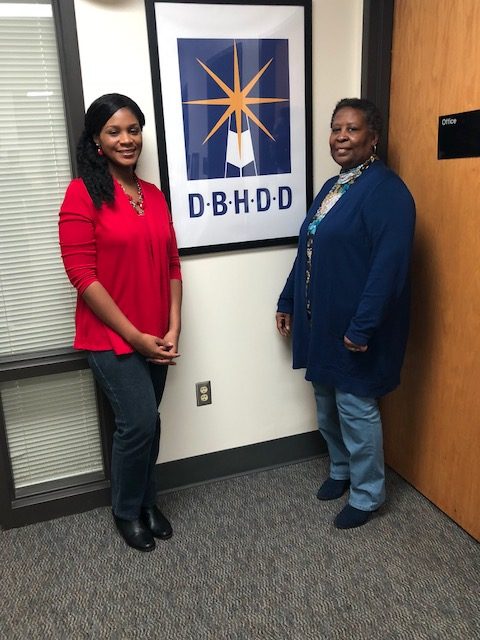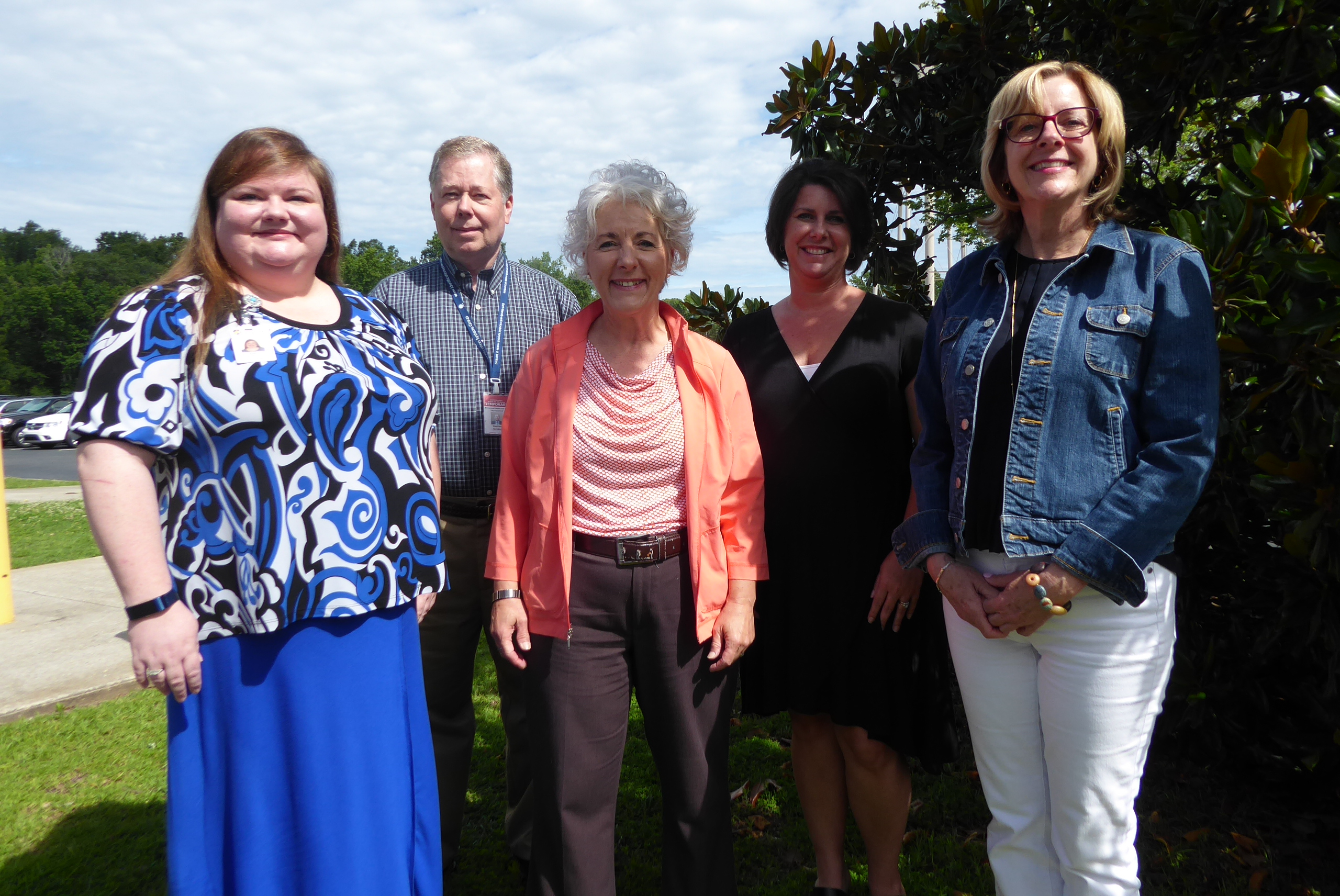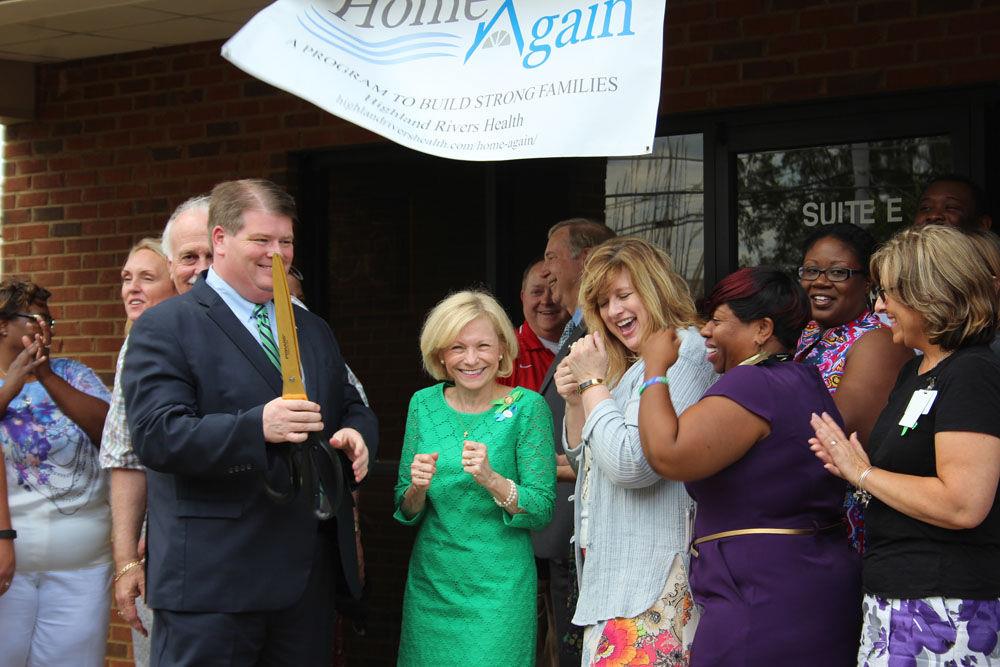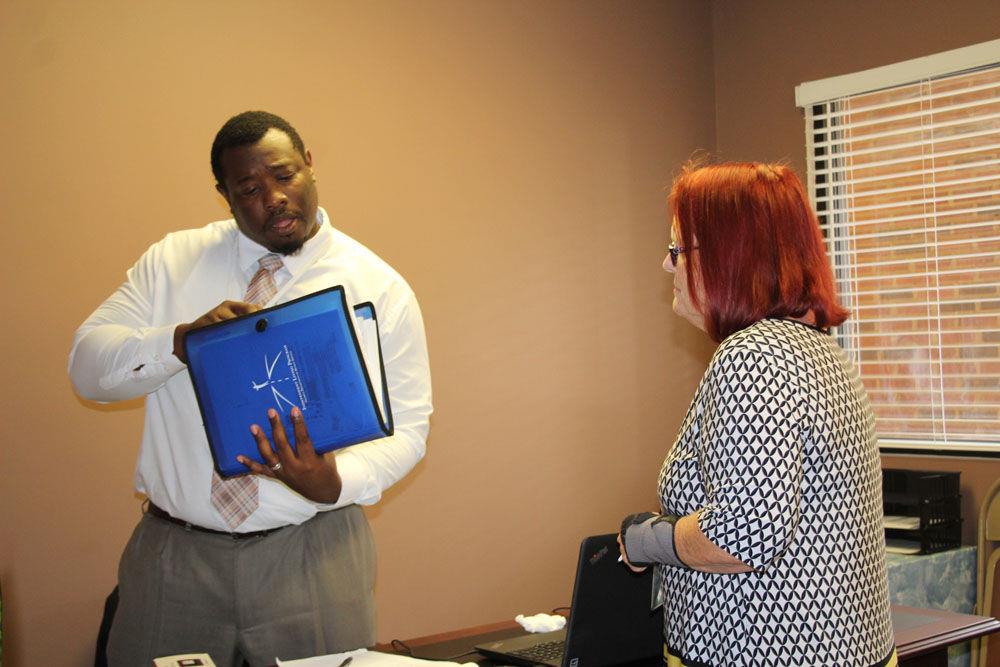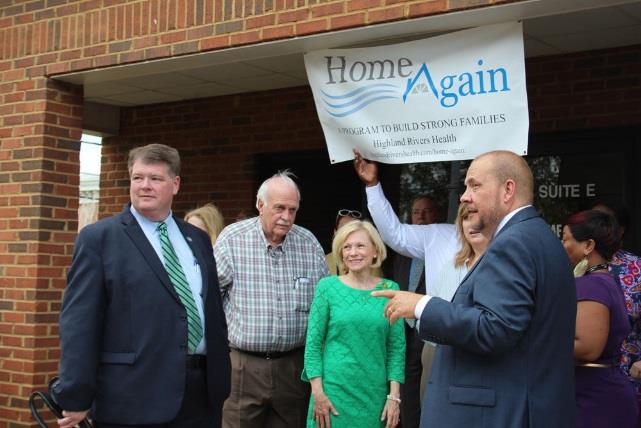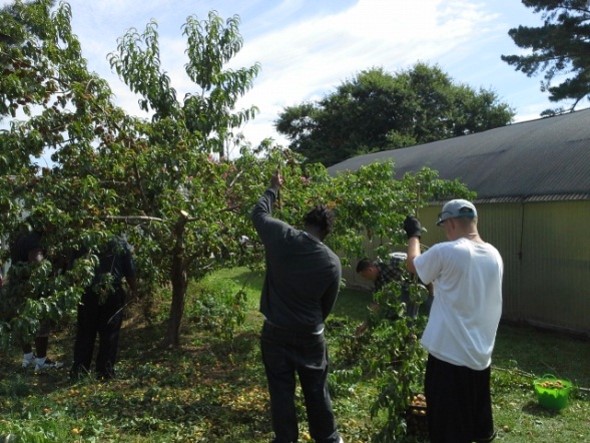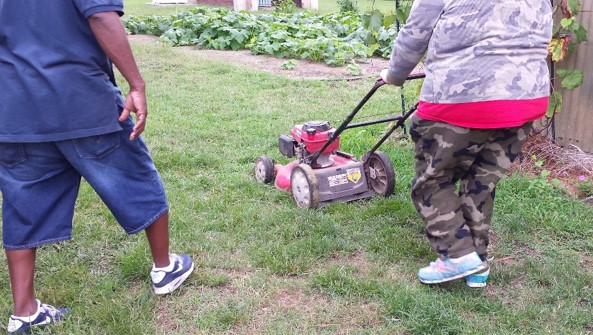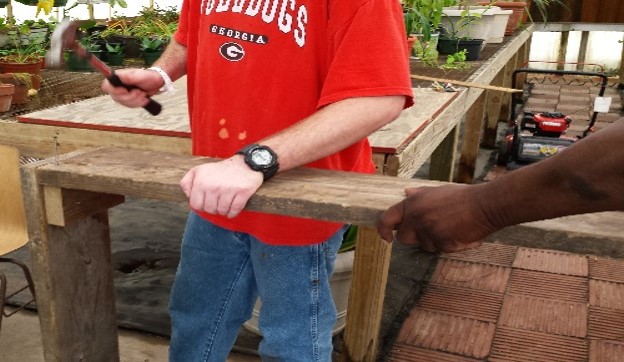A lived experience essay by Lorenzo Hardy Jr.
My earliest memories as a child are that I never had a period in my childhood where I was happy. Yes, I had fun moments but there were no months or years that I can recollect that were happy. My family did not celebrate birthdays, holidays, or participate in school activities. I was not physically abused but I witnessed domestic abuse on a frequent basis. This is not to say I was not loved or point the finger; I believe my parents did the best they knew.
I was an honor roll student who was told on a regular basis that the world was going to end. As I went through elementary and Jr. high school I felt it was not fair that I could not experience the fun I saw other good children having. I REBELLED and joined the basketball team without permission and was told that I had to quit. It was the first time I felt like a part of something other than family. I made the choice to take a full bottle of prescription drugs and went to sleep for what I thought was an eternity (In my ignorance; I took my sisters pills for female problems). I woke the next morning confused, nauseous, and having severe cramps. My mother took me to the hospital after I informed her of my mischief. I received no psychiatric care other than being asked was I going to do it again. No matter how hard I tried to tell everyone that I believed different and wanted a different life, I was always told to do what they felt was best for me.
After high school, I rebelled again and was the first in my family to attend college. During my freshman year, I was accused of a crime which I did not commit and, after suing the state of New Jersey, was given a small monetary award. The reason I received a small amount was because it was determined my older brother committed the crime and if I did not accept the settlement then they would pursue the case against him. This event was all I needed to hit the streets and justify it by saying, “There is no justice so I am going to get mine by any means available.” After numerous run-ins with the criminal justice system, I was sentenced to 2 years in prison. I came home and attacked the streets with a vengeance attempting to make enough money to secure my life. For the first time in my life, I was heard loud and clear. “Uncle Sam” heard me loud and clear.
The Federal Government had an indictment against me and my lawyers told me I would do a minimum of 20 years. This was not acceptable to me. I decided to pay someone to take me out of my misery and leave my children with a great financial start in life. As with everything so far in my life, this failed. I was shot in the head only to wake up in the hospital for a prolonged stay. I had to serve my time.
I went into prison bitter and thinking there is no way I could serve 20 years. I would complain and act out every chance I could. After acting and coming out of the special housing unit, I was playing chess with a gentleman who was serving 7 LIFE SENTENCES. He gave me a prison education I will never forget. He stated, “You keep crying for justice, give yourself the time you think you deserve because you and I both know the things you did. After giving yourself the correct time, ask yourself how many times you got away with crimes; do you really want Justice?”
It was at this time that I started to accept my responsibility and be accountable for my life. I read over 2000 books and used my new found knowledge to develop new coping skills. Instead of quitting, I started solving my problems and coping with the pains of my choices. I gave others support and used support from others. I realized that HOPE had entered my life and I wanted to become something other than a statistic and stereotype.
Upon release, I went to Georgia Vocational Rehabilitation Agency who paid for my training as a Certified Peer Specialist. Georgia Mental Health Consumer Network became my family and provided countless other training for me including Forensic Peer Mentor.
I am proud to say that I am now a productive citizen with a 775 credit score, I provide volunteer service, and I have been gainfully employed since my release. Ironically statistics show that a person with my criminal background will end up back in prison. I proudly say on this occasion they were right, but I now work at Phillips Transitional Center as a PEER MENTOR.
